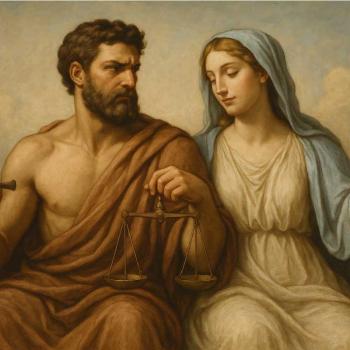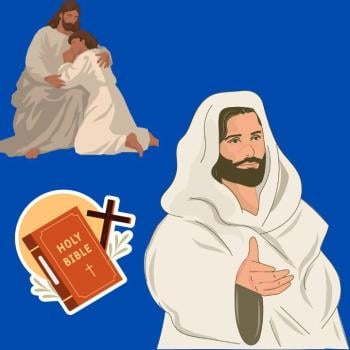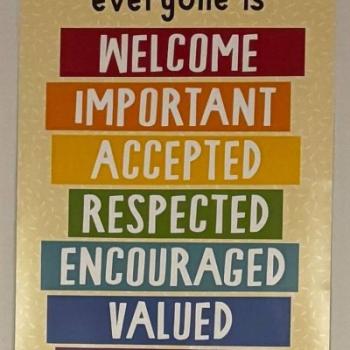In Hardy's discursive theory, then, the subjectivity of the narrators offers a kind of haven from historicity. Whereas archaeological or rhetorical readings of the Book of Mormon lead directly into a thicket of assumptions—none of them externally verifiable, and thus none available to non-believers—about the book's historical context, Hardy sees the question of narrative subjectivity as a route around those thorny patches. "Imagining [Nephi, Mormon, and Moroni] as having life experiences and independent minds does not necessarily mean that one accepts their historicity," he argues (xvii). One can engage with the substance of the text on its own terms by accepting the book's narrative device, whether one sees that device as a tool of fiction or of historiography.
I'm sympathetic to Hardy's desire to defer the ultimate questions in order to create an epistemological space for encountering the Book of Mormon on its own terms. And he's hit upon an innovative and absorbing method for doing so. But in the final analysis, I'm not persuaded that the category of narrative subjectivity can do the work he asks of it. The narrative mind can work as a neutral rendezvous for devout and skeptical readers only if one holds human subjectivity constant over time, assuming that narrators of all times and places share the same foundations of consciousness and perception.
It has been the work of nearly a century of continental philosophy to vex precisely this notion of the autonomous, self-contained, transhistorical subject; but one need not quote Nietzsche, Althusser, and Bourdieu to recognize that two narrative minds separated by twenty-five centuries will bring to the text a different set of perspectives, concerns, sensibilities, motivations, personalities, and perceptions. Thus even a narratological analysis implies some assumption of historicity. Indeed, to the extent that "Nephi," "Mormon," and "Moroni" speak to contemporary readers as legible, coherent personalities, and Hardy brilliantly demonstrates that they do, one must reluctantly (or triumphantly) recognize a modern context at some level. One need only compare the laconic narrative voice of the Hebrew Bible with the over-determined narrative personalities at work in the Book of Mormon to sense the difference.
This is not to say that Hardy's exegetical project is illegitimate, but rather that his social project will probably fail. Narrative subjectivity will probably not be the analytical charter for a tolerant new interpretive community around the Book of Mormon. But Hardy's work remains a landmark achievement, one that I salute and from which I have personally learned much. For my part, I continue to find Hardy's Reader's Edition of the Book of Mormon to be his most significant work, which is to take nothing away from the intelligence of his readings in Understanding the Book of Mormon. But the lucidity and openness of the page in the Reader's Edition has opened the text to me in little short of a revelation. Thank you, Brother Hardy.





